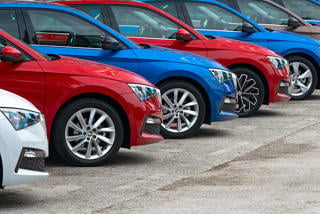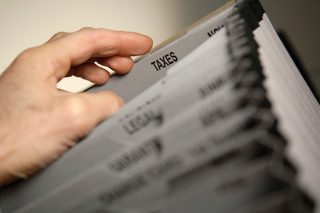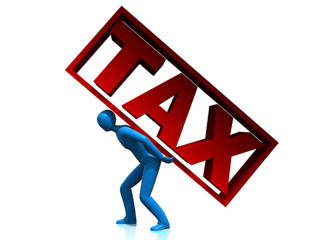Hundreds of fleets could be set for a major cash windfall after Her Majesty’s Revenue and Customs (HMRC) lost a recent tax case involving car allowances.
Unsurprisingly, HMRC has lodged an appeal, but if the original decision is upheld it could cost the Treasury millions of pounds.
The case involves work-based training and development company Total People and how it was reimbursing its employees driving their own cars on business.
It paid a minority of employees a mileage allowance of 40p per mile, but the majority – 160 employees, who travelled at least 2,500 miles per annum - received a reduced mileage allowance of between 12-13p per mile, with an additional annual lump sum payment of between £3,600 and £3,700.
Total People had paid Class 1 National Insurance (NIC) on the allowance and had not taken account of the 28/27p per mile remaining from the 40p per mile NIC free limit.
HMRC took the view the lump sum was simply a payment of cash earnings for NIC purposes and, as such, National Insurance was due on the payments made.
However, Total People disagreed suggesting the lump sum was actually part reimbursement of the motoring costs incurred in using the car for business and should be treated as relevant motoring expenditure and therefore not subject to NIC.
It argued that its rationale for structuring the payments in this way was that a 40p per mile structure “risked encouraging staff to maximise their travel so as to maximise their profit”.
Total People claimed it had overpaid £146,165 in NI for the four years ending April 5, 2003, to 2006, with employers able to submit a reclaim for the previous six tax years.
Ruling in favour of Total People, the tribunal judge Richard Barlow said: “The most important single piece of evidence is the absence of a link between the increase in salary and the increase in motoring allowances. The appellant’s rationale for structuring the payments as it did is also significant.”
Mike Moore, director, Deloitte Car Consulting, told Fleet News that this sort of payment structure was reasonably commonplace.
“We are currently speaking to over 70 organisations with a similar fact pattern, but that could be a small fraction of the potential companies,” he said.
“The issue is whether the cash allowance is deemed relevant motoring expenditure, but HMRC has always interpreted the rules quite narrowly.
“However, if this decision is upheld it could have a significant impact for many businesses.”
Nathan Male, senior manager, Deloitte Car Consulting, added: “Even if the structure of an employer’s cash allowance policy is such that they are unlikely to be successful in making an NIC reclaim, they should be looking to amend it so they can benefit going forward.”
No date has yet been set as to when the appeal hearing will take place.
What should you do?
If you are an employer:
Any employer that operates a cash allowance and currently reimburses employees travelling business mileage at less than 40p per mile should review their potential for making a claim.
In addition, employers should also be looking forwards with a view to restructuring the structure of their cash allowance arrangements to deliver the NIC saving at source.
If you are an employee:
If you are reimbursed for business mileage whilst using your own car at less than the HMRC approved mileage rates, you should ensure that you claim tax relief for the difference between the amount you are reimbursed and the approved rates.
The current approved mileage rates are 40p for the first 10,000 business miles in a tax year and 25p per mile thereafter.




















FleetEnergyWatcher - 26/01/2011 13:11
Fleets contemplating making a claim would need to show mileage records for each tax year. Those records need to be sufficiently robust to clearly discriminate between business and private mileage (for instance, were drivers record all journeys on a mileage audit system). Otherwise, a fleet could set out hoping to reclaim NICs but find itself facing an investigation into potential non-payment of BIK on private fuel. There have been cases of companies paying six-figure fines and back payments of fuel BIK because of unclear or incomplete mileage records.